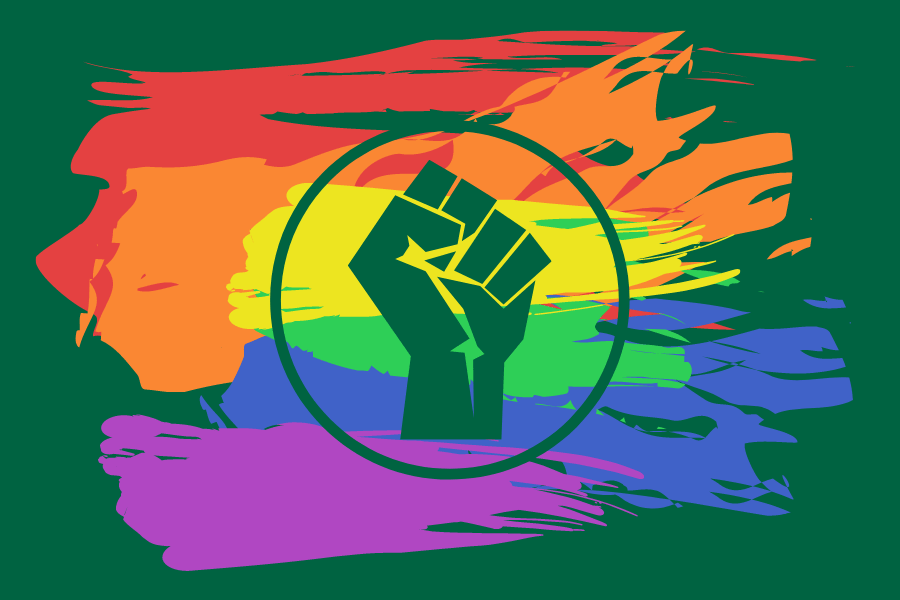
Written by Joe Lever (he/him)
Trigger Warning: homophobia
…
“Many unions were vocal LGBT+ allies at a time when much of society was still hostile”
“When the attacks on equality are many, it can be easy to isolate in your own fight, forgetting that strength can come from how broad an alliance is.”